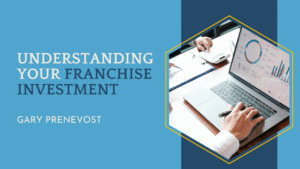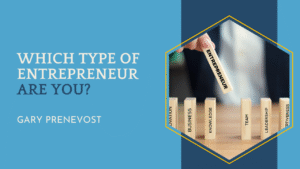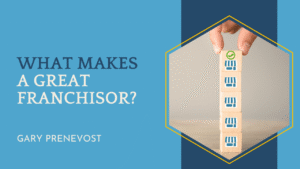Over the last several months, I’ve been asked this question a lot…
You would think that most people would put their franchise search on pause because of the current economic uncertainty, But I’m finding that simply not the case… You might be surprised to learn that with running this business for over 23 years, the last four months has been the second busiest I have ever been in the entire time, and I’ve been a top-3 FranNet franchisee a few times, so this demonstrates the incredibly high interest in exploring franchise ownership today.
I am seeing some consistent shifts though in what people are looking for in franchise ownership:
The single biggest shift is the appetite for demand-based businesses has grown significantly. Regardless of economic conditions, consumers continue to buy these products and services because the need does not stop (i.e. pets, education, seniors’ services, hair care, beauty, wellness, fitness, etc.). These purchases generally become part of the family budget, so franchisees for these types of businesses enjoy more predictable, customer loyalty and financial performance. Impulse-based businesses carry a higher degree of risk because when dollars get tight, consumers can, and do, cut out some of the things they enjoy experiencing, but do not need (i.e., food, entertainment, fashion, etc). Almost all of my clients are currently only exploring demand-based businesses.
Another big shift is the move from looking at “owner-operator“ franchise ownership to “executive-owner“ ownership. Many franchise systems have been upon the owner-operator model because it has demonstrated the consistently enable franchisees to build and maintain a comfortable lifestyle. The challenge with the owner-operator model though is that it’s difficult to scale, because for the entire duration of the business, the business requires that owner be involved in running the day-to-day operations and leading their team. The executive-owner model looks like an owner operator model for the first two years, with the primary difference being that during this time, the owner is focused on building the foundation of the business and building a team, but after two years, they shift from working “in” the business as an operator, to working “on” the business, where the team runs the day-to-day operation and the owner now focusses on scaling growth, either through acquiring more units, or through strategically growing their customer base. Many of my current clients are mid and senior executives who want to build something for themselves instead of continuing to build other people’s wealth in their corporate jobs.
Even I am surprised by the tremendously high interest in franchise ownership, despite our current turbulent times. I believe that some of the things that are driving this high interest is the disenchantment with, and lack of confidence in long-term corporate employment. As AI influences more sectors, and as companies make decisions to manage this economic uncertainty, jobs are being cut… the work doesn’t go away, it just gets piled on the people who are left, and pay rarely increases with additional responsibilities. mandatory return-to-office policies exacerbate the frustration. My clients are telling me that “if I have to work this hard, I want to work for myself, and build a business where the financial results are more directly connected to the efforts that I in my team make.”
If you’re interested in seeing what need-based businesses you might be good at running, let’s have a discussion to explore things further!




